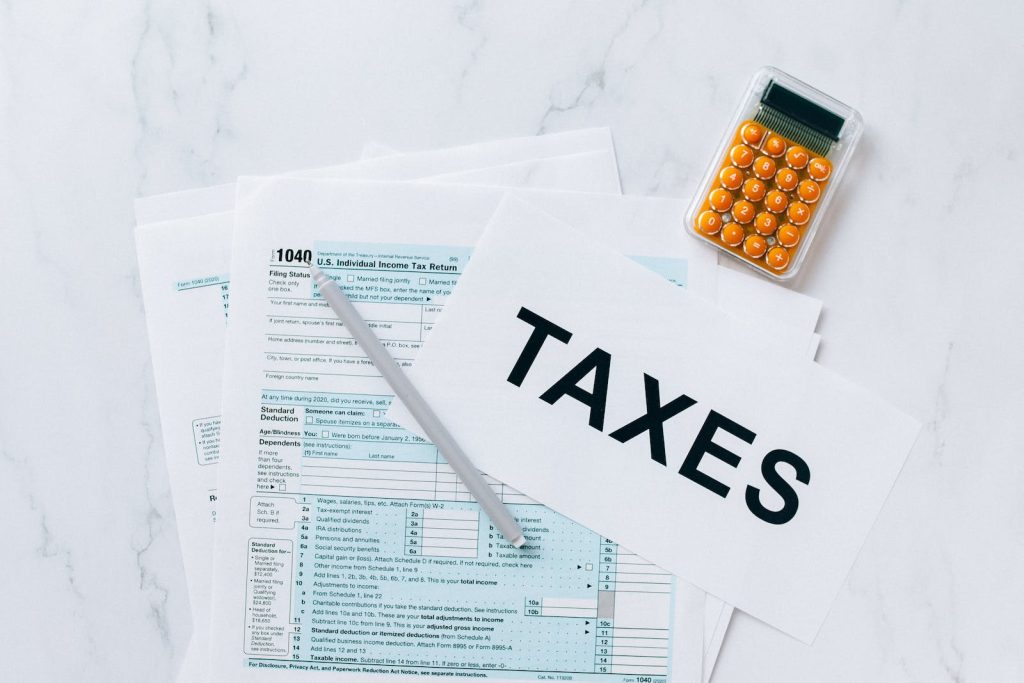Hello there, fellow ethical spenders! It’s me, Jane Smith, your trusty guide to navigating the maze of financial ethics. Today, we’re diving deep into the world of tax planning and its ethical dimensions. Buckle up, because this topic can be as twisty as a roller coaster ride!
Let’s be honest; nobody enjoys paying taxes. That’s a universal truth. But what about tax planning? Is it a simple strategy to minimize your tax bill, or does it come with a web of ethical considerations? Well, grab your magnifying glass, because we’re about to uncover the secrets.
The Basics of Tax Planning
Before we leap into the ethics of tax planning, let’s get our tax lingo straight. Tax planning is the art of arranging your financial affairs in a way that legally reduces your tax liability. It’s like finding hidden treasure on a treasure map—the treasure being your hard-earned money.

Here’s a quick example: You invest in a retirement account like a 401(k) or an IRA. The money you put in these accounts is tax-deferred, which means you don’t pay taxes on it now. Instead, you pay taxes when you withdraw the money during retirement when you’re hopefully in a lower tax bracket. That’s tax planning in action!
The Ethical Tightrope
Now, let’s talk ethics. Tax planning can be a tricky business. On one hand, you have the legal right to arrange your finances to pay the least amount of taxes required by law. But on the other hand, there’s a fine line between legal tax planning and aggressive tax avoidance. It’s like walking a tightrope – one wrong step, and you could find yourself in hot water.
So, where’s the ethical compass in all of this?
The Gray Area: Legal vs. Ethical
Imagine you’re running a successful tech startup. You decide to set up a subsidiary in a country with significantly lower corporate tax rates. On paper, it’s all legal and above board. But, ethically, are you doing the right thing?
This is where the gray area comes into play. You’re following the letter of the law, but are you following the spirit of it? If you’re using tax loopholes to avoid paying your fair share, it might raise eyebrows among the ethics police.
Here’s another example: You have a friend who’s a tax attorney. He suggests some creative deductions that could significantly lower your tax bill. You follow his advice, and voila, you pay less in taxes. But is it ethical? Are you pushing the boundaries of legality to save a few bucks?
The Moral Imperative
Now, let’s talk about the moral imperative. At the heart of ethical tax planning is the idea that citizens have a moral obligation to contribute to the greater good – our society. Taxes fund essential services like schools, hospitals, and infrastructure. When we use every trick in the book to avoid paying taxes, are we shirking our duty?
Consider the case of multinational corporations. Some big players have made headlines for paying minimal taxes, if any at all, despite reaping enormous profits. Is this ethically sound? It raises questions about whether such companies are shouldering their fair share of the tax burden and contributing to the communities they operate in.
The Real-World Consequences
The consequences of unethical tax planning can be far-reaching. When individuals or corporations exploit tax loopholes excessively, it can lead to revenue shortfalls for governments. In turn, this can hinder the government’s ability to provide essential services, leading to a strain on public resources.
Let’s take a moment to ponder the impact on education. When tax revenues decrease due to aggressive tax planning, it can result in underfunded schools, larger class sizes, and fewer resources for teachers. Ultimately, it’s the students who suffer.

The Power of Public Perception
Ethics isn’t just about legality; it’s also about public perception. In an age of transparency and social media, news of a company or individual engaging in aggressive tax avoidance can go viral in a matter of hours. Such negative publicity can tarnish reputations and damage customer trust.
For instance, remember the Panama Papers leak in 2016? It exposed a web of offshore accounts used by politicians, celebrities, and business tycoons to avoid paying taxes. The public outcry was swift and loud, leading to calls for greater transparency and ethics in tax planning.
The Bright Side: Ethical Tax Planning
Now, it’s not all doom and gloom. Ethical tax planning does exist, and it’s not as elusive as Bigfoot. Here are some ethical tax strategies you can employ:
Charitable Giving
Donating to charitable organizations not only helps those in need but can also lead to tax deductions. It’s a win-win situation that’s both ethical and tax-savvy.
Green Investments
Investing in environmentally responsible businesses can come with tax incentives. It’s a way to support the planet while potentially lowering your tax bill.
Employee Benefits
If you’re a business owner, providing attractive benefits for your employees can lead to tax savings. Plus, it’s the right thing to do.
Honest Reporting
Keep meticulous records and report your income and deductions accurately. This not only helps you avoid legal trouble but also upholds the principle of fairness.
Conclusion: Balancing Act
In the world of tax planning, ethics is like a balancing act on a tightrope. You want to legally minimize your tax liability while upholding your moral obligation to society. It’s not always easy to find that sweet spot, but it’s crucial to strive for it.
Remember, the choices we make in tax planning can have far-reaching consequences, not only for our own financial well-being but for the greater good. So, let’s aim to navigate this intricate ethical terrain with wisdom, integrity, and a dash of humor, because even taxes can have their amusing moments.

































